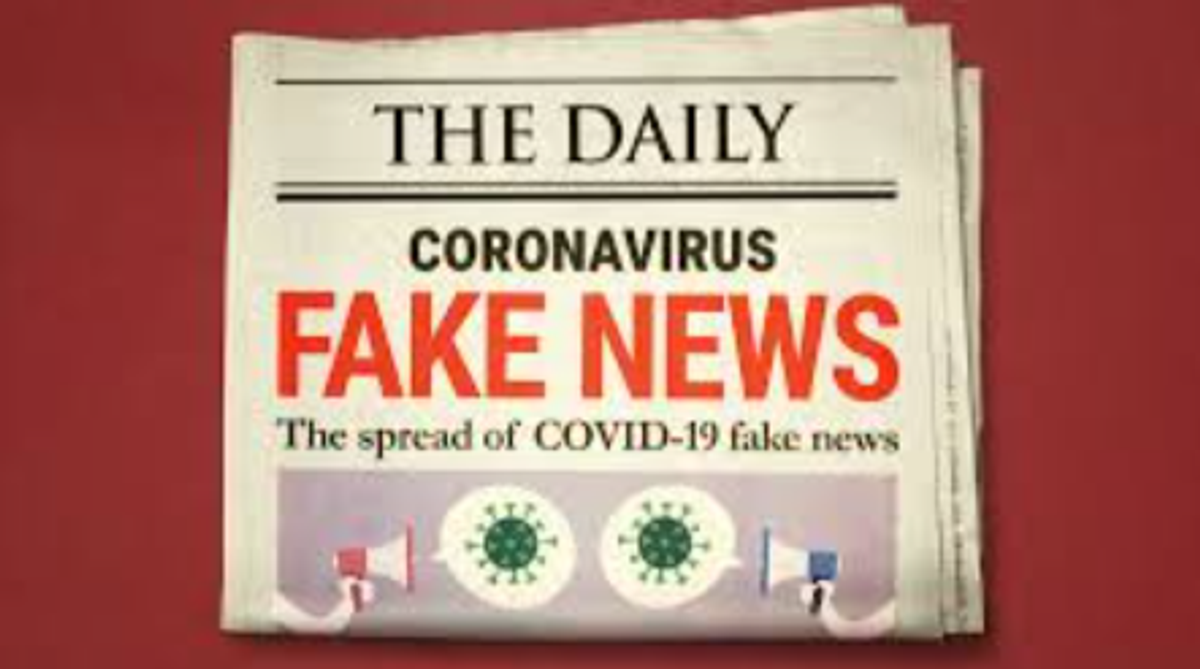Cyber Safety

Why teach our kids digital literacy (when they already run rings around us)?
There’s a big difference between technical proficiency and “digital literacy," say experts.
- 13-year-old Jackson didn’t tell his parents (of course), but he was shocked when a mate told him the people in porn videos were paid actors.
- “But I read it on Facebook!” protested Emily, age 15, when a teacher pointed out that coronavirus was not, in fact, created in a Chinese laboratory.
- At age 11, Naomi says she’s too old to believe in Father Christmas. But she is absolutely sure that the images of her favourite Instagram influencers are completely real.
These kids - just like yours and mine - are as tech-savvy as they come. But their digital literacy skills have a long way to go.
Because digital literacy isn’t about navigating social media at warp speed, or creating intricate games on Roblox, or livestreaming from your bedroom.
Those are technical skills, and they do involve real know-how - often at level that leaves the adults breathless (and more than a little envious).
But experts warn that there’s a BIG difference between skills like these and what educators mean by “digital literacy.”
Digital literacy defined
So what exactly is digital literacy? There are lots of definitions out there, but they all boil down to the same thing: the ability to assess information - not simply to access it - in an increasingly complex communication environment.
Digital literacy is all about developing the critical thinking skills our kids will need in order to participate intelligently and responsibly in a digital democracy.
And the coronavirus pandemic has highlighted exactly how high the stakes can become.
Digital literacy is all about developing the critical thinking skills our kids will need in order to participate intelligently and responsibly in a digital democracy.
“COVID-19 has revealed important gaps in our digital information landscape,” observes Canadian social scientist Jaigris Hodson, associate professor of Interdisciplinary Studies at Royal Roads University.
“Misinformation, disinformation, propaganda and conspiracy theories make it difficult for people to access accurate and sometimes life-saving health information.”
Hodson points out that traditional educational settings - with the teacher as authority figure and textbooks as definitive sources of knowledge - require far less critical processing by students than self-directed, online learning.
And books (let alone classrooms) have not been masterminded to maximise engagement and encourage compulsive use to drive profits. They do not harvest users' data to on-sell it to third parties and drive ever-greater engagement.
But the platforms our children gravitate toward do exactly that.
Google, YouTube, Twitter, Instagram, TikTok, Facebook, Snapchat - they’ve all been specifically and deliberately designed to short-circuit our brain’s “natural defenses,” says Hodson. And that leads us not only to swallow misinformation, but to drive its spread by sharing it with others.
Google, YouTube, Twitter, Instagram, TikTok, Facebook, Snapchat - they’ve all been specifically and deliberately designed to short-circuit our brain’s natural defenses ...
Critical thinking has always been a key element of higher education. Today, kids need to start developing those skills from the primary years, if not from the moment they first hold a device in their hands.
What sources are trustworthy? How do the images we consume impact our thinking and responding? What is the "echo chamber effect" and how can we minimise it?
What's the difference between propaganda and fact-based reporting - and how can we tell them apart? What do we need to know about the agendas (commercial and/or political) that underlie the information we find online?
And what pre-existing biases - personal and cultural - do we inevitably bring to the information we seek out online?
Digital literacy is all about teaching kids the skills to address and reflect on questions like these, experts agree. In a world flooded with "fake news" - and given our children's increasing dependence on online learning - the need is nothing short of urgent.
Reference: https://www.familyzone.com/anz/families/blog/why-teach-digital-literacy


